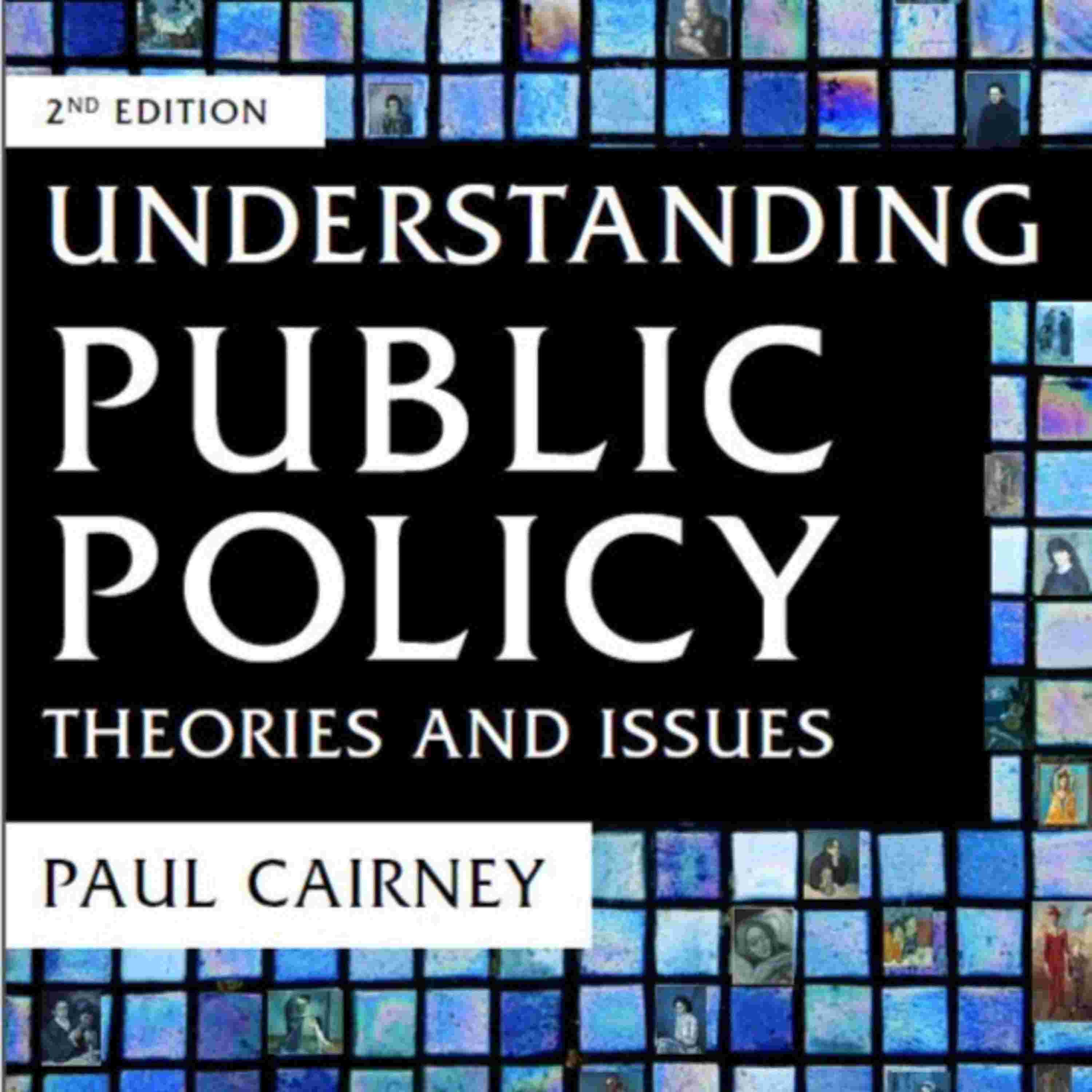

From Policy Concepts in 1000 Words: Context, Events, Structural and Socioeconomic Factors
We need a way to describe the things that policymakers take into account when they make decisions. We also need a way to categorise these things in order of importance, from factors that simply catch their eye, to factors that seem to be out of their control and/ or force them into making particular choices.
For example, ‘policy context’ or ‘structural factors’ may be used to describe the extent to which a policymaker’s ‘environment’ is in her control. It can refer to the policy conditions that policymakers take into account when identifying problems and deciding how to address them, such as a political system’s: geography, demographic profile, economy, and mass social attitudes and behaviour.

Or, we might refer to‘events’, which can be: routine, such as the elections, or unanticipated incidents, including social or natural crises, major scientific breakthroughs and technological change (see Weible).
Or, we might refer to policymaker ‘inheritance’ – of laws, rules, and programs (Rose, 1990). The first thing that a new government does is accept responsibility for the decisions made in its name in the past. New policymakers also realise that they are engaging in governing organisations which often have well-established rules, to which they either have to adapt or expend energy to challenge.
Structure and agency
Our challenge is to find a way to incorporate these factors into a convincing account of policymaking.